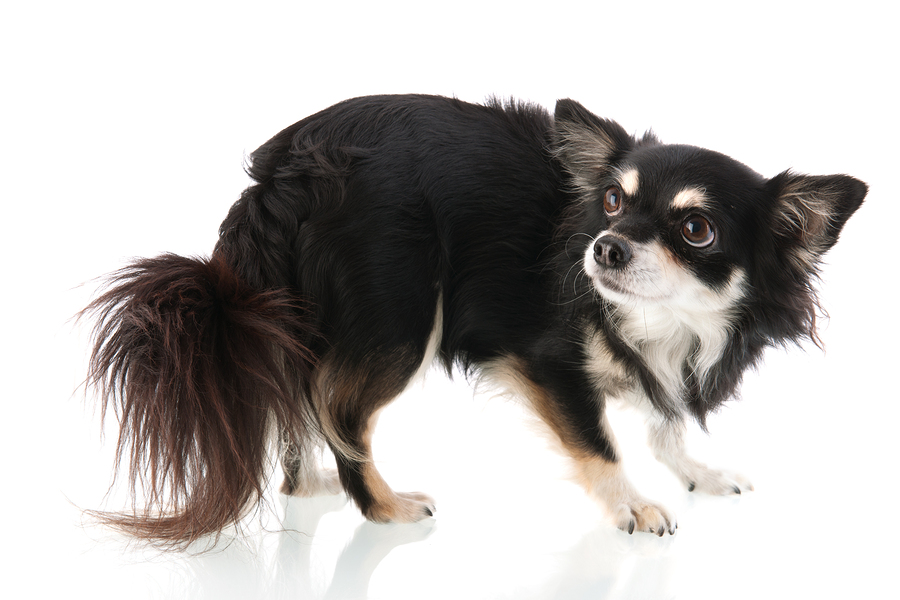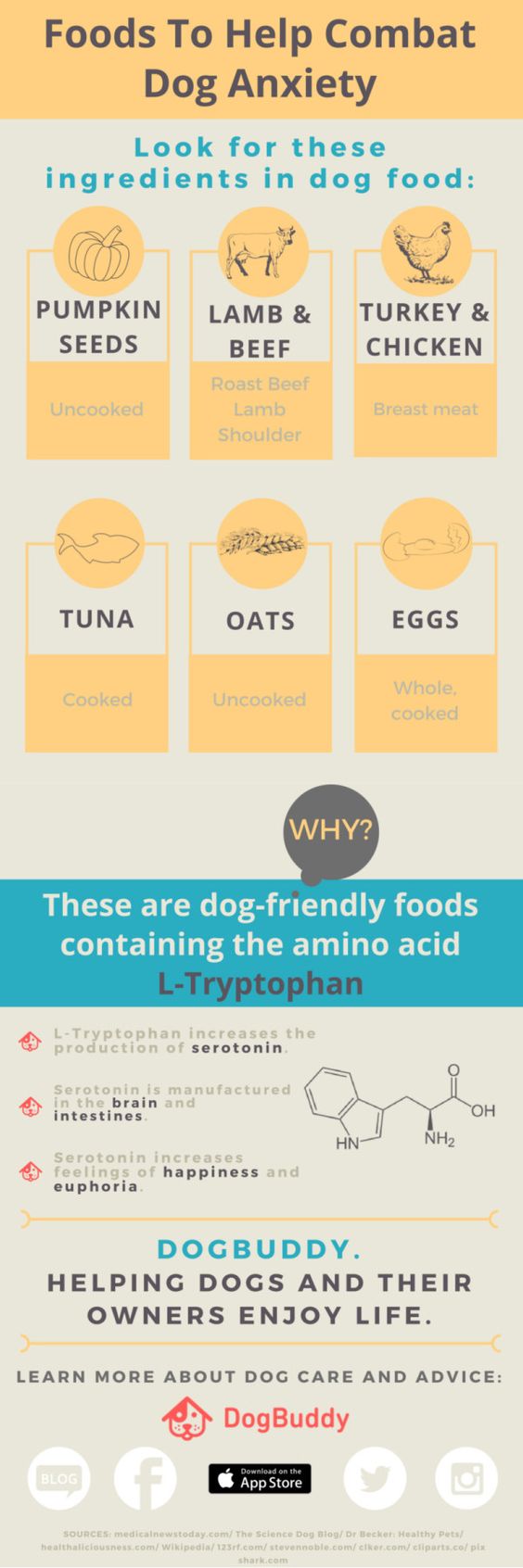
This post may contain affiliate links. We are compensated for referring customers to our affiliate partners.
Dog-lovers know that dogs are just like people. For this reason, they are the best friends in the world, but they’re also susceptible to some of the emotional struggles that humans can have. Most dog owners at some point want to know how to help an anxious dog, and a hidden solution is often through a healthier diet.
Anxiety in dogs is now recognized as a very real thing, and veterinary scientists are searching for ways to better understand that anxiety for more effective treatment.
Some dog owners will opt for prescription medication for doggy anxiety, though in less severe cases, a change in diet and activity could work wonders.
Understanding Anxiety in Dogs
Before thinking about treatment for anxiety in dogs, it’s important to understand where it comes from, what the symptoms are, and how a veterinarian can help. Anxiety is a term used to describe the anticipation of future danger, whether that danger actually exists or not. A dog in a safe and loving home should have nothing to worry about, but dog psychology is nuanced and even a healthy dog with a wonderful owner might experience anxiety for a number of reasons.
How To Spot Anxiety In Dogs
Separation Anxiety
Separation anxiety is the most common form of dog anxiety. Separation anxiety occurs, when a dog’s guardian leaves the house, causing the dog to feel stressed out. If a dog destroys or disrupts items in the house, or harms itself in any way while his or her owner is away, this is typically symptomatic of separation anxiety. Dogs that exhibit separation anxiety typically act agitated or depressed before the owner leaves home, and can be unruly or over-excited when their master returns. There’s no absolute cause of separation anxiety, but research suggests that it most frequently arises after a change in guardianship, a change in schedule, a change in residence, or a change in members of the household.
How To Help An Anxious Dog With Separation Anxiety
Noise Phobia
Another type of anxiety that dogs can have is noise phobia. Noise anxiety is not uncommon in dogs, and can be triggered by loud noises such as thunderstorms or vacuum cleaners. It can also be caused by other specific sounds, that the dog might associate with a fearful memory. Noise phobia is easy to identify, as the dog will display significant personality changes when it encounters or anticipates the noise it’s afraid of. The dog may cower, shake, urinate, hide, or stay very close to its owner. In worse cases, the dog may self-mutilate or destroy things.
Tips And Advice To Help An Anxious Dog With Noise Anxiety
Social Anxiety
Finally, the third type of dog anxiety is social anxiety. Social anxiety is marked by either timidness or aggression when the dog is faced with a social situation that makes it uncomfortable, such as being surrounded by more people or other animals than it is used to, or by those that it has never met before. This is especially common in dogs from puppy mills, as they often have far less contact with other people and dogs in their formative months of around 6 to 12 weeks old.
Ways To Help An Anxious Dog With Social Anxiety
Treating Anxiety in Dogs
There are many ways to treat anxiety in dogs as shown above, but as with anything, the treatment must be custom fit to the dog and the severity of his or her symptoms. With separation anxiety, there are a few ways to deal with a dog that exhibits concerning behavior while its guardian is away. Habituating a dog that is stressed out by changes, is best executed with a reward system rather than by punishment. Veterinarians can provide the best advice specifically to help an anxious dog, based on the type of symptoms he or she shows, and the factors that may stress the dog out the most.
For noise anxiety, the best thing to do is to prevent the dog from being subjected to the stress-inducing noise if at all possible. For instance, if a vacuum cleaner is the problem sound, then vacuuming while the dog is outside or safely away from the sound is preferred. Attempting to expose the dog to a sound as a means of making the dog more used to it only encourages the behavior, and could make the anxiety worse long-term. If the anxiety is triggered by a noise that’s out of the owner’s control, it’s better to act normal, upbeat and relaxed, rather than to express concern, which would only reinforce the dog’s belief that the noise will cause harm.
In the case of social anxiety, the most effective treatment is slowly desensitizing the dog to the company of other people and dogs. This begins with introducing him or her to one new person or dog at a time, and to begin with, only for a brief period of time. Once the dog becomes more accustomed to new company, it becomes safer to have strangers around for longer periods of time, and eventually they will be ready for the company of several other people or dogs at once. It is important to reward good behavior when a dog does not bark or make any aggressive moves around unfamiliar company.
Changing a Dog’s Diet to Reduce Anxiety
If these basic techniques don’t work, then doctors may want to prescribe medication. However, there is evidence that shows a change in dog nutrition could help significantly in reducing a dog’s anxiety. holistic treatments can be a much first line of defense against anxiety, as natural remedies that can be incorporated into food will have fewer side effects and less of an impact on the dog’s personality.
Consider Reducing Protein
Reducing protein in a dog’s diet is one potential way to curb anxiety. For aggressive dogs, reducing protein intake will have an effect on their serotonin production, and may have a calming effect. There is a protein found in mother’s milk, called alpha casozephine, that has a sedating effect, and this can be added as a supplement to help an anxious dog.
Boost The Vitamins
Vitamin deficiency can also lead to psychological unwellness in dogs. Vitamin A is important in maintaining a healthy immune system, so a lack of vitamin A can make a dog physically and mentally tired or anxious. Vitamin E keeps a dog’s cognitive abilities up, and has the potential to prevent anxiety as well. Lastly, Vitamins B1, B6, and B12, are also very important in keeping a dog mentally balanced.
Consider Specialized Food
Thankfully there are existing dog food brands that are specifically designed to help an anxious dog. The leading brand of dog food available for stressed out dogs is Royal Canin Veterinary Diet Calm, which contains hydrolyzed milk protein and tryptophan, which are sure to make your dog calm and happy.
Changing your dog’s diet may be able to help an anxious dog along with good training techniques. So talk to your veterinarian and consider finding a food that may help your anxious dog calm down.

